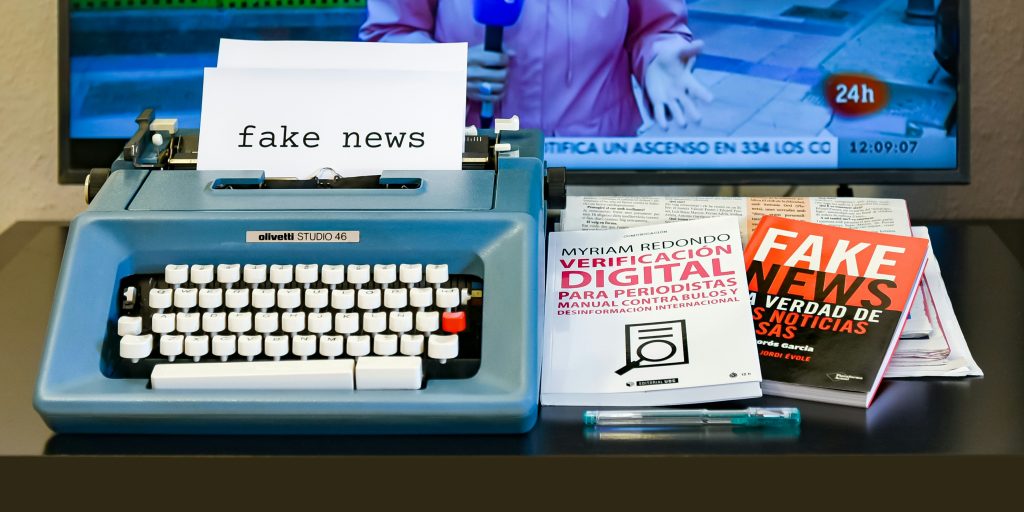Fake news can damage consumer perceptions of a company, even when they know the information is false, according to new research by emlyon Business School, King’s Business School, HEC Lausanne and SRI Management Consulting.
Researchers found that while fake news doesn’t directly alter personal perceptions, it changes how people think others view a company’s reputation. This subconscious shift can still harm the organisation’s standing.
The study was conducted by Marta Pizzetti, Associate Professor of Marketing at emlyon Business School, alongside Patrick Haack (HEC Lausanne), Michael Etter (King’s Business School), and Simone Mariconda (SRI Management Consulting). They explored how fake news impacts corporate reputations through three experimental studies involving nearly 800 participants.
In the first study, researchers measured how perceptions about a company changed after the exposure to a fake news. In the second study, a similar approach was used, but participants were also asked about their likelihood of purchasing the company’s products. The final study introduced fake news followed by group discussions, enabling researchers to observe how participant’s perceptions and behaviour are affected by collective opinions.
The findings revealed that fake news influences perceptions in unexpected ways. People believe fake news will impact others more than themselves but often align their own opinions with what they think others believe. As a result, even when people recognise news as fake, it can still shape their judgments and behaviours.
“In today’s digital age, the growing volume and sophistication of fake news pose a significant threat to trust, organisations, and society,” says Professor Pizzetti. “Studies show 38% of U.S. social media users have inadvertently shared fake news. Fabricated CEO statements, false media reports, and misleading social media posts can trigger panic and damage company operations, and our research highlights how incredibly difficult this is to combat.”
Interestingly, fact-checking efforts and awareness of fake news’ falsity do not seem to mitigate its effects. Even when participants knew the information was false, their views of the company’s reputation remained negatively influenced. This phenomenon explains collective behaviours such as mass stock sell-offs or bank runs that occur following fake news stories.
The research also found that companies with stronger positive reputations suffer greater damage from fake news.
For corporate managers, the implications are significant. Traditional crisis management strategies, such as simply labelling news as fake, are insufficient to address these indirect effects. The researchers suggest adopting “social proof” strategies instead. For example, showcasing that public opinions and behaviours remain positive—through surveys, expert endorsements, or visible customer support—can help protect a company’s reputation.
Ultimately, while fake news may be obviously false, its consequences remain very real. Organisations must go beyond debunking false information and actively reinforce their reputation to mitigate potential damage.
Featured Photo by Jorge Franganillo on Unsplash.



